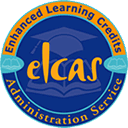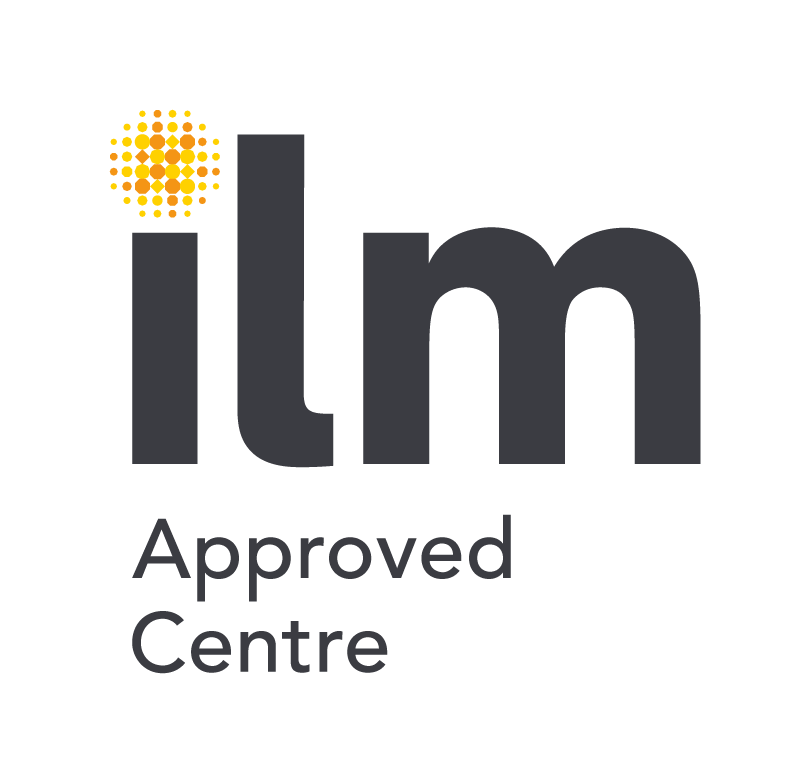Coaching & Mentoring at a Strategic Level ‑ ILM Level 7



Course Overview
This course leads to a qualification:
Level 7 in Executive & Senior Level Coaching and Mentoring

| Course Summary | |||
|---|---|---|---|
| Tutor-led Learning: | 7 days over 3 modules | Total CPD Earned: | 49 hours |
| CPD Accredited by: | ChTC CPD | ||
| Qualification Registration: | ILM level 7 | ||
| ILM Level 7 Qualification Support Summary | ||
|---|---|---|
| Supporting Features | Certificate | Diploma |
Mastering Your Coaching & Mentoring Practice
This advanced programme is designed for experienced practitioners who currently offer, or aspire to offer, coaching and mentoring services to executives and senior leaders operating at strategic levels within organisations.
You’ll explore the complexities of working with senior clients, gaining insight into the challenges they face and how these shape and influence effective coaching and mentoring practice.
Programme Overview
Delivered over seven days in a modular format, this comprehensive programme builds from strong foundations to strategic mastery:
- Module 1 (3 days): Strengthen your core coaching and mentoring skills, building confidence and structure in your practice.
- Module 2 (2 days): Navigate organisational complexity, deepening your systems thinking and strategic awareness.
- Module 3 (2 days): Refine your credibility and presence to coach at executive level, enhancing your capacity to work with senior leaders.
Why modular?
To explore the rationale for the ChTC Modular Training Approach - see the About the programme - MODULAR FORMAT tab below.
Following the modules, participants apply their learning in real coaching or mentoring engagements, reflect on their experiences and map their continued professional development.
Expert-Led Learning
All ChTC programmes are shaped by leading research, best practice, and extensive industry experience. Our tutor team brings a wealth of practical insight alongside academic and thought leadership contributions, ensuring your learning is relevant, rigorous, and deeply enriching.
Accreditation
✔ ILM Level 7 Accreditation in Executive and Senior Level Coaching & Mentoring
✔ Dual Accredited by the Association for Coaching
To achieve certification, participants must:
- Attend all seven learning days
- Complete the required number of coaching or mentoring hours
- Engage in tutorials and coach supervision
Which option is right for me?
One credit typically equates to 10-hours of learning at your chosen qualification level.
A Certificate refers to a qualification size of between 13 and 36 credits and which would take a minimum of 130 hours to complete.
A Diploma is the largest qualification starting at 37 credits and requiring a minimum of 370 hours of study commitment.
Details of the specific unit requirements for each option, may be found under the ASSESSMENT tab below.
Next Available Course
-
Duration: 3 Days
12 May 2025
14 May 2025
-
Duration: 2 Days
16 June 2025
17 June 2025
-
Duration: 2 Days
21 July 2025
22 July 2025
-
In PersonVirtualBlended
| Pricing & Qualification Options | ||
|---|---|---|
| ILM Level 7 in | ||
| Executive & Senior Level Coaching and Mentoring | ||
| Option | In Person | Virtual |
| Certificate | 2599 | 2354 | Diploma | 2999 | 2754 |
| Prices exclusive of VAT | ||
About the programme
-
Benefits for individuals
- Analyse the knowledge, skills, behaviours and practices required for effective and ethical coaching and mentoring at the senior and strategic level
- Raise your awareness of the complexities of operating at this level
- Practice your senior and executive coaching and mentoring skills through participation in observed coaching or mentoring sessions
- Explore and benchmark your offer as a freelance coach or mentor
- Deepen your reflective and reflexive practice as a coach or mentor
Benefits for employers
- Implement coaching in complex working environments or at a strategic level in your organisation
- Ensure your organisations coaches and mentors are properly equipped to operate as safe, ethical and effective practitioners with your most senior people
- Create a coaching and mentoring culture where senior managers and leaders demonstrate their commitment to supporting their won and others’ development and performance improvement
-
Daily Programme Structure
Time Event 09:00 Registration 09:30 Session A 11:00 Morning Break 11:15 Session B 12:45 Lunch Break 13:15 Session C 14:45 Afternoon Break 15:00 Session D 16:30 Day End Important information:
- The Daily Programme Structure table, provides a useful overview of approximate timings for each day.
- On the first day of a course registration takes place from 09:00 on subsequent days (if applicable), please arrive or sign in remotely by no later than 09:20
- The programme commences at 09:30 daily,
- Each Guided Learning session is approximately 90 minutes in duration (precise timing will be content specific).
- Breaks are facilitated between sessions, however you are free to stretch your legs or grab some refreshements at any time.
- Lunch is taken at approximately 12:45 for 30 Minutes.
- We aim to finish activities at approximately 16:30 daily.
Greater detail regarding the each days planned topics, are shown in the Day Planner below.
-
Day Planner - Level 7 Programme
-
Pre-course Activity
- Pre-course workbook
- Rationale for attendance
- Coaching opportunities
- Coaching wheel
- Global Code of Ethics
- Coach / Mentor Competencies
- Pre-course workbook
-
Day One - Firm Foundations
- Welcome & introductions
- Effective contracting in coaching and mentoring
- Group contracting exercise
- Developing core skills
- Rapport factors
- Building trust
- Listening with curiosity
- Defining coaching and mentoring
- The coaching and mentoring continuum
- Rogerian principles – unconditional positive regard
- Tutor led coaching demonstration with group observation and feedback
- Introduction to GROW coaching / mentoring model
- GROW based coaching practice
-
Day Two - Developing Practice
- Developing ourselves as reflective practitioners
- Reflective practice tools
- Practical reflection session exploring day 1 coaching – competency framework
- Starting to understand our clients
- Adult learning theory
- Learning styles
- Diversity
- OARS Framework
- Kubler-ross change curve
- Intrinsic motivation
- Adult learning theory
- Developing powerful questions
- Transactional and transformational questions
- Johari Window – challenge.
- Logical levels
- Group exercise to develop questions
- Questioning practice session & feedback
- Introduction to the Coaching Wheel
- Observed coaching wheel practice
- Reflections and journalling
- Developing ourselves as reflective practitioners
-
Day Three - Building Our Professional Practice
- Overnight reflections
- The knowledge, skills and capabilities of professional coaches and mentors
- Group exercise
- Professional practice fundamentals
- Boundaries in coaching and mentoring practice
- The role of supervision in coaching and mentoring
- How we ‘show up’ – considering coaching presence
- Ethical practice
- Alternate coaching and mentoring models
- Small group critique
- Developing goals and objectives with clients
- Individual and organisational considerations
- Using ‘well-formed outcomes’ to set meaningful goals
- Well-formed outcomes practice session & feedback
- The use of metaphor in coaching practice
- Metaphor based coaching practice with observation and feedback
- Reflections and journalling
-
Inter-module Homework 1
Developing your ‘elevator pitch’
Complete VIA strengths inventory
Conduct at least one 45-minute coaching / mentoring session
-
Day Four - Module 2
- Coaching supervision
- The purpose of supervision – what might you take?
- Proctor’s Supervision Model
- Supervision of inter-module practice
- Coaching in organisations
- The business case for coaching
- Group exercise – developing your elevator pitch
- Setting up and managing internal schemes
- Three and four cornered contracting
- Contracting exercise
- Developing a coaching culture
- Case study exercise
- Coaching Leaders and Managers in Organisations
- Leadership behaviours – including challenge
- Emotional Intelligence
- Resilience factors
- Dynamics – TA / Drama Triangle
- Strengths inventory results
- Strengths & over-strengths
- Strengths based coaching practice with observation and feedback
- Reflections and journalling
- Coaching supervision
-
Day Five - Module 2
- Coaching for Professional Development
- Introducing career timeline coaching
- Demonstration of timeline coaching
- Timeline coaching exercise with observation and feedback
- Creativity in Coaching
- Explore a range of creative tools for coaching practice
- Adult learning / diversity revisited
- Practical application exercise
- Coaching in the Organisational System
- Exploring system level coaching
- Mapping exercise of own organisational systems
- Discussion as to how own systems can impact coaching / mentoring practice / what clients bring
- Working with Self-Limiting Belief
- Imposter phenomenon
- Cognitive Behavioural Coaching
- CBC practice session with observation and feedback
- Reflections and journalling
- Coaching for Professional Development
-
Inter-module Homework 2
Conduct at least one 45-minute coaching / mentoring session (preferably with someone operating at a senior / strategic / executive level). Record the session and watch it back yourself then and reflect on the session using competency framework, noticing your coaching journey.
You’re Being Featured: Undertake the exercise to explore your post-programme coaching or mentoring offer.
-
Day Six - Module 3
- What is Executive Coaching?
- Tutor led input on current thinking from research and thought leaders
- Thinking partners
- Critical friends
- Trusted advisor
- Psychology and Psychotherapy - the foundations of coaching practice
- The psychology of coaching and mentoring
- Research
- Cognition & behaviour
- Psychobiology
- Neuroscience
- Exploration of the different psychotherapeutic schools including:
- Psychodynamics
- Humanistic
- Cognitive Behavioural
- Existentialism
- The psychology of coaching and mentoring
- Working with challenge at the Executive Level.
- Who am I as a Coach?
- Personal exploration of developing coaching approach and philosophy
- Co-coaching session to deepen thinking on personal philosophy, coaching profile, value proposition and next steps.
- Reflections & Journalling
- What is Executive Coaching?
-
Day Seven
- Coaching presence revisited
- Developing our thinking about presence when operating at the senior or strategic level
- Reflections on inter-module coaching / mentoring practice recording plus competency framework assessment
- A relational coaching approach
- Coaching for Identity
- Identity theory
- Identity exercise
- You’re Being Featured
- Short presentation of coaching profile and value proposition
- Group discussion and feedback session
- Working with values
- Values discussion
- Values identification exercise
- Values based coaching session
- Final Reflections & Close
- Coaching presence revisited
-
Pre-course Activity
-
The CHTC ‘Coaching & Mentoring at the Strategic Level’ programme leads to an ILM Level 7 Qualification in Executive or Senior Level Coaching and Mentoring, awarded by the Institute of Leadership & Management (ILM).
Once you’ve completed the programme modules, you’ll be registered with the ILM and begin working towards your qualification.
Depending on your career objectives and time commitment, you can choose from either:
- Certificate: A strategic introduction to executive-level coaching and mentoring, focusing on developing advanced skills and understanding to work with senior leaders.
- Diploma: A comprehensive, in-depth qualification that builds on the Certificate, requiring extensive coaching practice, critical reflection and a focus on embedding coaching at a senior, organisational level.
Here’s what’s involved:
1. Written Assignment
You’ll complete a written assignment that explores the principles, practices, and context of coaching and mentoring at a strategic level. This includes understanding how coaching supports organisational strategy, culture, and performance, and developing an informed perspective on executive-level coaching ethics, contracting, and stakeholder engagement.
2. Practical Experience
Based on the specific requirements your chosen qualification (Certificate or Diploma - details may be found below) you’ll undertake a number of coaching sessions with a number of clients. This applied element gives you the opportunity to demonstrate your skills and build experience in real-world settings.
3. Reflective Journal and CPD Plan
As part of your final submission, you’ll produce a reflective journal and Continuing Professional Development (CPD) plan. This captures your development journey, insights gained through your coaching practice, and your plans for further growth as a senior or executive-level coach or mentor.
4. Supervision and Support
Throughout your practice, you’ll participate in group supervision and tutorials, designed to support your development, provide structured reflection, and ensure ethical and effective practice at the strategic level.
Understanding Assessment Criteria (ACs)
Each assessed piece of work, including written assignments, is structured around Assessment Criteria (ACs). These criteria break down the required knowledge, understanding, and evidence needed to meet the qualification standards. Full guidance on how to meet each AC is provided both within the course content and on the Learning Management System (LMS), helping you understand what’s expected and how to structure your responses effectively.
Additional Benefits
Dual Accreditation
CHTC has partnered with the Association for Coaching (AC) to secure dual accreditation for our ILM Level 7 programmes. This means that upon receiving your ILM certificate, you will have automatically met the standards required to gain a qualification from the AC—no additional assessments needed.
Association for Coaching (AC) Membership
As a provider member of the Association for Coaching (AC), CHTC is pleased to offer you a complimentary one-year Introductory Associate Membership. Once you’ve completed the classroom or virtual classroom phase of your training, you’ll receive a link to activate your membership and begin accessing exclusive AC resources and networking opportunities.
European Mentoring & Coaching Council (EMCC) Membership
Through ILM’s partnership with EMCC UK, all ILM learners are eligible for a 25% discount on EMCC membership. This offer is valid for up to three years or until the completion of your qualification.
Follow the link below to see more information on the ILM website.
EMCC UK - 25% off Membership with ILM - Visit the website
Explore the assesment units by qualfication size
-
Whether you attend in person or join virtually, you are part of a fully live and interactive experience, where your presence and participation are essential.
This programme is accessible in the following modes:
In-person
Our in-person courses are designed to provide an immersive learning experience that fosters direct interaction with instructors and peers. You'll benefit from a dynamic classroom environment where ideas are exchanged freely, hands-on activities reinforce your learning, and real-time feedback enhances your understanding. The personal connections you build in our face-to-face sessions create a supportive community that extends beyond the classroom, offering valuable networking opportunities and collaborative projects. With access to our cutting-edge facilities and resources, attending in person allows you to fully engage with the course material and participate in spontaneous discussions that can enrich your educational journey.
Virtual Classroom
Our virtual classroom brings the quality and engagement of in-person learning to you, wherever you are. Leveraging the latest in online education technology, our virtual courses are designed to be interactive and engaging, with live lectures, real-time discussions, and collaborative activities that mirror the in-person experience. You'll have the flexibility to join from the comfort of your home or office. Our virtual platform ensures that distance is no barrier to accessing high-quality education, with all the tools you need to succeed, including digital resources, virtual breakout rooms for group work, and direct communication with instructors and fellow participants.
Hybrid
Some of our programs offer the same live training to both in-person and virtual participants, ensuring a cohesive and integrated learning experience for all. As we develop our skills in various co-coaching sessions, in-person attendees will have the unique opportunity to coach both online and face-to-face, bridging the gap between traditional and digital environments. This dual-mode coaching experience is invaluable in today's world, where the ability to navigate and excel in both physical and virtual spaces is increasingly essential. By mastering the art of hybrid coaching, you’ll gain practical skills that are not only relevant but critical for thriving in a rapidly evolving professional landscape.
Blended
This flexible learning model allows you to tailor your educational experience to seamlessly fit your lifestyle, offering the best of both in-person and remote participation. With the blended approach, you have the freedom to attend sessions on campus when you can, enjoying face-to-face interactions and hands-on experiences, while also having the option to join remotely whenever needed. This adaptability ensures that your learning remains consistent and uninterrupted, regardless of your location or schedule. Whether you’re balancing work, travel, or other commitments, the blended model empowers you to stay engaged and fully participate in your education on your terms.
-
ChTC CPD

ChTC CPD is the trust mark we add to our training to demonstrate the high value of a learning experience for our participants.
CPD is the ongoing process through which professionals maintain and enhance their knowledge, skills, and competencies throughout their careers. Whilst CPD is mandatory only in some industries such as finance, healthcare, law and others, continuous learning on and for work is part of the natural competence development process for all individuals engaged in any professional activity.
It is not about the validity of our professional knowledge; instead, it focuses on our ability to deliver training that enables our participants to achieve their professional goals, but these rely on them being added .
-
The Office of Qualifications and Examinations Regulation

The Office of Qualifications and Examinations Regulation (Ofqual) regulates qualifications, examinations and assessments in England.
For your convenience, we provide the related OFQUAL Qualification numbers and links to the gov.uk website where this data is maintained. From that page, the awarding organisation may be confirmed and access to the relevent specification is also provided.
Upcoming Course Dates
Spring Course
-
Duration: 3 Days
12 May 2025
14 May 2025
-
Duration: 2 Days
16 June 2025
17 June 2025
-
Duration: 2 Days
21 July 2025
22 July 2025
-
In PersonVirtualBlended
Late Summer Course
-
Duration: 3 Days
8 September 2025
10 September 2025
-
Duration: 2 Days
13 October 2025
14 October 2025
-
Duration: 2 Days
17 November 2025
18 November 2025
-
In PersonVirtualBlended